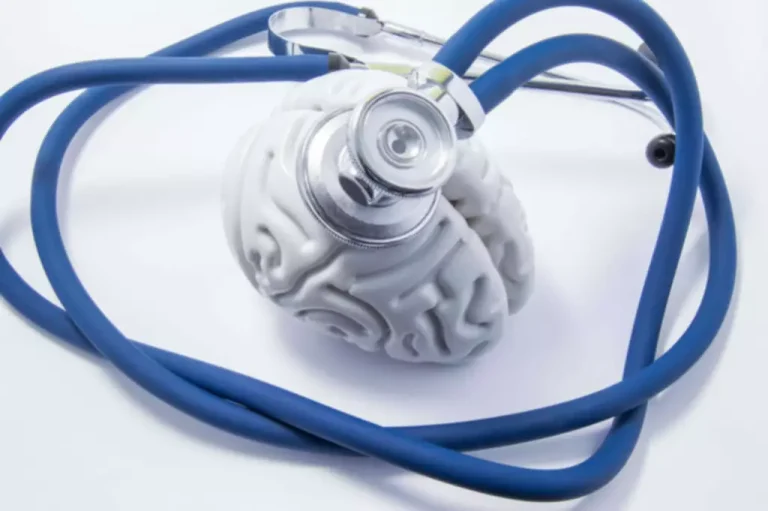Some people can develop severe symptoms of alcohol withdrawal called delirium tremens (DTs). If you suffer from alcoholism and are going through alcohol withdrawal, it’s crucial to be aware that alcohol tremors are a potential side effect. Additionally, alcohol tremors may be a symptom of a more serious condition, like delirium tremens, which necessitate immediate medical attention. In order to treat alcohol tremors, you must first treat your alcohol withdrawal in a healthy and effective way.
Welcome to Mainspring Recovery, The #1 Rehab Center in Virginia
Drinking too much of even low-calorie alcohol long-term can be detrimental to your health. Drinking alcohol can also irritate the stomach, worsen acid reflux, and contribute to gastritis, Dr. Kunza says. So, it’s a good idea to eat something before you drink or while you’re drinking. Made from apples, cider contains less alcohol content than wine but is also rich in antioxidant plant compounds. These antioxidants may help protect cells from damage that occurs due to free radicals. These antioxidants could help protect against certain types of cancer, diabetes, and heart disease.
What’s the best way to balance drinking and a healthy lifestyle?
The most common signs and symptoms are stuffy nose and skin flushing. Hepatic encephalopathy develops when the liver is unable to effectively filter toxins that can harm brain cells from the blood. Damage to the cerebellum from drinking usually takes about 10 years to occur and shows up on an MRI as shrinkage in the cerebellum.
Symptoms Associated with Shaking After Drinking
Recognizing the signs of alcohol dependency is an essential first step. If you or someone you know is experiencing symptoms of alcohol dependency, it is advisable to seek medical assistance. Consulting with a healthcare professional or addiction how to stop alcohol shakes specialist can provide guidance, support, and appropriate treatment options. In extreme cases, alcohol withdrawal can lead to a condition known as delirium tremens. Delirium tremens can result in seizures and, in rare cases, can be fatal.
White wine spritzer
Light beer is a lower calorie and sometimes lower alcohol alternative to regular beer. The bubbles in Champagne also tend to make a person feel fuller, which may facilitate drinking less. As with red wine, white wine also contains polyphenols that may provide health benefits. The World Health Organization (WHO) https://ecosoberhouse.com/ states there is no safe amount of alcohol consumption. Following successful completion of detox, an inpatient or outpatient rehabilitation program may be recommended to allow further work toward recovery and relapse prevention. If you have any questions or concerns, share your results with your doctor.
Someone with delirium tremens needs immediate treatment in a hospital. Heavy drinking is usually considered consuming four or more drinks in one day or eight in a week for women and people assigned female at birth (AFAB). For men and those AMAB, heavy drinking is five or more drinks in a day and 15 during a week. When you suddenly stop drinking after a long period of alcohol use, your brain and nervous system can’t adjust quickly. Outpatient detoxification may be the first stage of treatment for someone with a less severe substance abuse condition.
- These damages may become irreversible, even if the person stops drinking alcohol.
- Uncontrollable shaking, usually in the hands, is a common sign of alcohol withdrawal.
- Withdrawal symptoms usually peak approximately 24 to 48 hours after the last sip.
- There is no way to speed up metabolism or shorten hangover recovery time.
- While alcohol shakes are not life threatening, delirium tremens may also cause seizures and may lead to death without appropriate treatment.
- Drinking alcoholic beverages slows down brain functions and inhibits certain chemicals that help regulate mood.
Even side effects like vomiting and sweating can contribute to dangerous dehydration, which can be deadly. Because of this, detoxification from alcohol should always be done under medical supervision. Alcohol withdrawal syndrome refers to a range of symptoms that can occur when an individual with alcohol dependency suddenly stops or significantly reduces their alcohol intake. Shaking or tremors are one of the common symptoms experienced during alcohol withdrawal. However, it’s important to note that not everyone who experiences alcohol withdrawal will have shakes or tremors, and the severity can vary [2].
- Alcohol shakes, or tremors, are a symptom of alcohol withdrawal that may occur in people when they quit drinking or significantly reduce their alcohol consumption.
- The treatment aims to help relieve your symptoms, reduce the chance of complications and, if DTs are bad, save your life.
- Your body is basically trying to readjust, but it’s temporarily out of whack, causing you to feel shaky and uneasy.
- These negative emotions can intensify withdrawal symptoms like tremors.
- If you’re dealing with some post-drinking shakes, there are a few things you can do to manage the symptoms.
- When such a drinker ceases use of alcohol, he needs monitoring because the DTs are not likely to begin until 48 to 72 hours after he caps the bottle.
Treatment for Alcohol Use Disorders
Inpatient treatment is when you are treated at a hospital or another professional setting that specifically handles alcohol withdrawal. Committing to the alcohol recovery process is the best way to keep tremors at bay. Over time, your body adjusts to being alcohol-free, and you won’t experience withdrawal symptoms.





